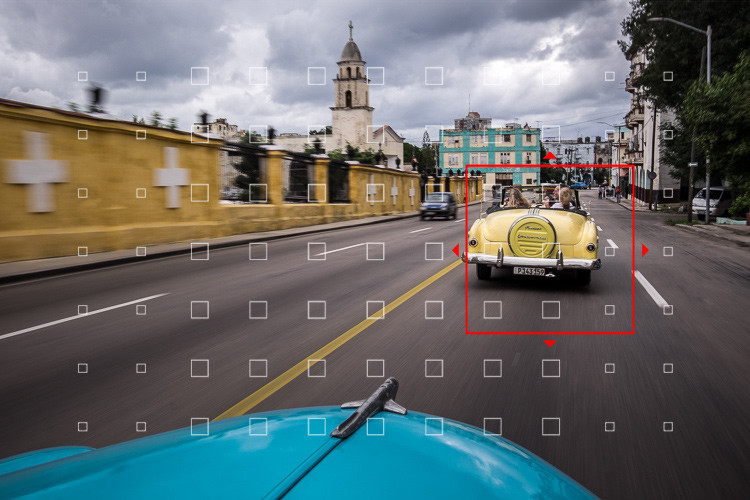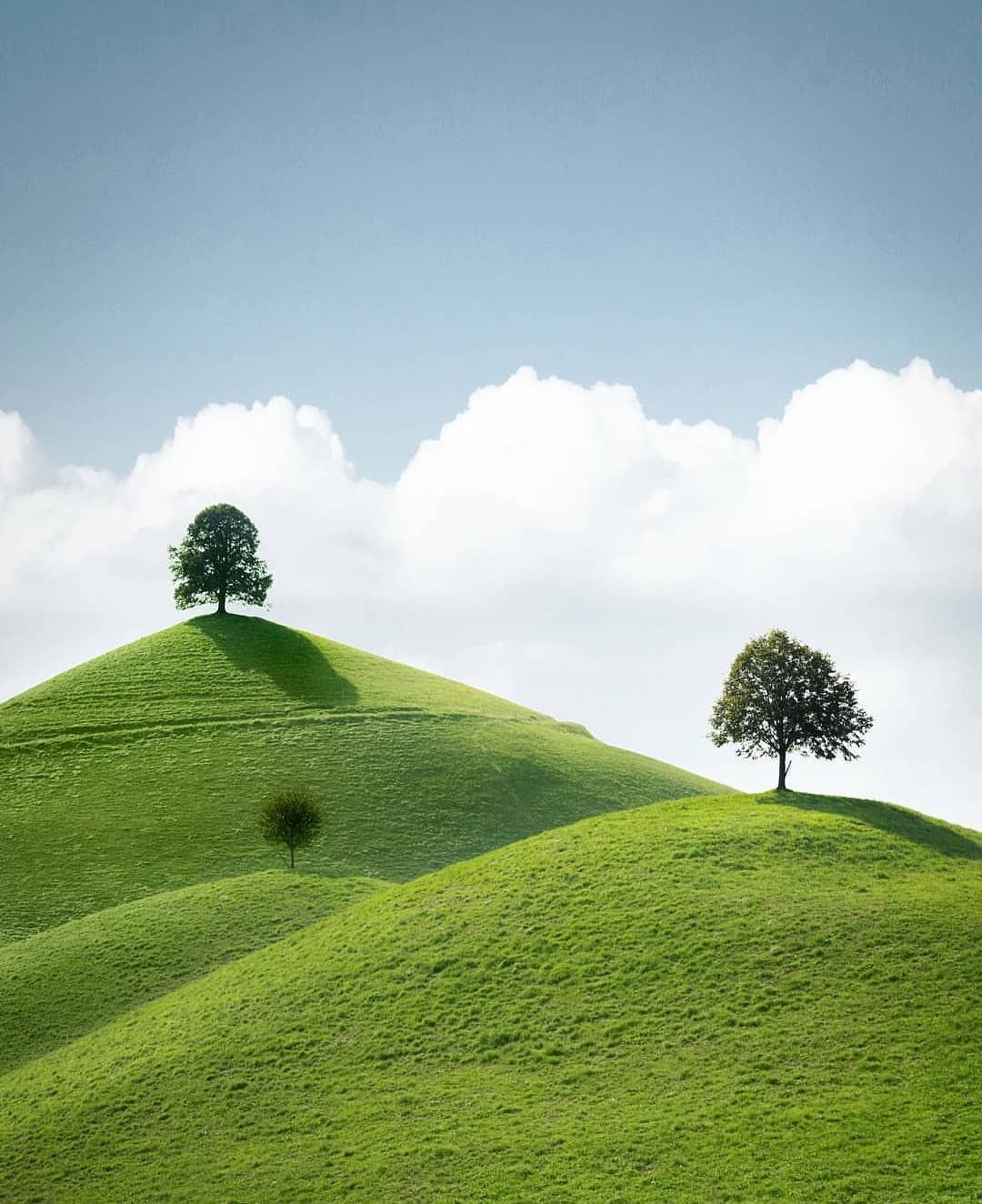
Photography skills aren't always obvious. This skill is not usually required in many jobs. These skills include teamwork, patience and creativity. These skills are important and we'll discuss them in this article. They can also help you find the job that suits you best. There are a few things that you need to know before you apply for a job as a photographer. Keep reading to learn more. Practice is key!
Teamwork
A photographer's essential skill is the ability to work well with others. Many photographers work as part of a team in order to complete a job. They must have good communication skills, collaborate with others, and have an ability to meet deadlines. Photographers must be able to adapt and use new technology. They must also be able, with the help of their team, to hold each other accountable for their actions. The chances of a successful career in photography are higher for those who work as part of a team.

Creativity
A great photographer is able to see things differently. This is an inherent part of the process, which requires a creative instinct. Creative photographers can look at an object from multiple angles in order to capture artistic detail. You can even shoot through objects or through reflections. These skills will help you see beauty in even the most mundane things. Creativity in photography is an essential skill for all photographers.
Patience
Photographers must be patient when capturing images. Photographers spend a lot of time brainstorming ideas before actually shooting them. Photographers must be patient with people and situations. You will find many creative opportunities when you are relaxed. Patience will pay off in the end. Photographers can learn patience in many different ways. Here are some suggestions.
Attention to detail
Beautiful photos can be captured by focusing on the details. Whether you are shooting a family event or a wedding, paying attention to the details is essential. Detail photography captures the smallest details like the font, texture, colour, and shape of an object. This type is great for social media, as well. These tips will help you improve your photography skills.

Self-motivation
You can boost your self-motivation as an amateur photographer in many ways. First, you can interact with other photographers. This is especially helpful if you want to make progress and be accountable to others. You are the average of the five people that you spend most time spending the most time with. This is a well-known cliche. Spending time in the company of other photographers will improve your mood and inspire you to be more creative. Follow photography websites to increase self-motivation. These websites offer inspiring images to inspire you to take better photographs.
FAQ
How can I look great in photos?
The best way to ensure you look good in photos is to take them yourself. You'll learn how you pose for the camera and which angles are best. Additionally, you'll learn how to use lighting and props in order to enhance your natural beauty.
Learn how to select clothes that fit you well, what make-up looks good on you and what hairstyles best suit your style.
If you are not happy with your results, we will show you how you can retouch them using Photoshop and other editing tools.
Don't be afraid to take some self-portraits.
How can I become a professional photographer?
Photography is an art form that requires practice, patience, dedication, and above all else, passion. Photography is a passion. You will be able to do much more than if your goal was to make a buck.
You should learn how your camera works. It is important to understand the basics of composition, lighting and exposure. Also, you will need to be able to use Photoshop.
Photographing is not an easy task, but once you have mastered it, there is nothing more satisfying than creating images that capture moments that are lost in time.
If you want to improve your skills, then read books on the subject, attend classes and take part in competitions. This will give you experience and confidence that will help you improve. What equipment do I need?
It all depends on the type of photography that you are interested in. A wide-angle lens is necessary for landscape photography.
If you are into portrait photography, you must invest in a telephoto lens.
A tripod is essential when taking photographs. A tripod allows you to stand still and compose your photograph without having to move.
Camera bags are great for carrying your accessories, such as memory cards and cameras.
If you use a compact camera, a flash unit is required.
An DSLR (Digital Single Lens Reflex) is the best camera for beginners wanting to take professional quality photographs.
DSLRs are very popular as they let you control all aspects of your photos, such as shutter speed, aperture and ISO sensitivity. They also provide a range of features such as autofocus, auto-exposure lock, self-timer, bracketing, and RAW format.
What makes an excellent camera bag?
A camera bag protects your gear and is essential when traveling. Here are some things to remember when buying a bag.
-
You should choose a large bag that can hold your accessories and camera comfortably. Do not buy more than you need.
-
Durability: You should look for bags made from durable materials, such as canvas, nylon, leather, and polyester. Avoid fabric and plastic bags.
-
Protection: Make sure that your bag offers protection against dirt, moisture, and scratches
-
Organization: Organize your gear by type so you can quickly access what you need. So, you can place your lenses in one box, your memory cards in another and your battery charger in a third.
-
Comfort: Keep your hands free when shooting by using a shoulder strap instead of a handbag. A comfortable design should have padded straps.
-
Price: Look around for the best price. Many brands offer their products at discounted prices. This can be a huge advantage.
-
Warranty: Ask if the company offers a warranty on its products. This will allow you to know who to contact if your bag becomes damaged.
Statistics
- There are people out there who will pick at flaws they can only see in 100% crops of your photos. (wikihow.com)
- In this case, 100% of readers who voted found the article helpful, earning it our reader-approved status. (wikihow.com)
- The second easiest way to get blurry photos 100% of the time is to use a cheap filter on the front of your lens. (photographylife.com)
- While I cannot prove that all of those spots were not sensor dust, the photo was taken during a heavy snowstorm…so I guess that 99.8% of the spots are snowflakes. (bhphotovideo.com)
External Links
How To
What skills are required to become a photographer?
The basic skills required for any photography job include technical knowledge, artistic ability, and business acumen.
Technical knowledge covers understanding exposure settings, camera functions lens types, speed, and developing techniques.
The ability to create art requires understanding composition, lighting and posing, as well as knowing how to use Photoshop or other editing software.
Business acumen encompasses budgeting, scheduling, time management and dealing with clients.
Professional photographers should be interested from a young age in photography.
Learn about photography online, at school or in college.
There are many books that cover all aspects photography.
It is important to learn about photography and to create your own style.
This will allow you to stand out from other professionals in your field.
Photography has changed throughout the years. In the past, people used cameras such as Kodak Instamatic or Polaroid instant cameras.
Digital cameras are increasingly popular today. Today, the majority of photographers use their smartphones to shoot photos.
While it is possible for a smartphone to capture high-quality images, if you want to really get into photography, a DSLR (Digital Single Lens Reflex Camera) is the best choice.
The DSLR lets you control every aspect your photo including shutter speed and aperture, ISO sensitivity, white-balance, focus, and white balance.
These features allow you to create different effects and produce stunning photographs.
These controls can also alter the mood of your image.
By using a fast shutter speed, for example you can blur the subject.
Or you could make them look like they are moving by increasing the amount of light entering the camera.
You can also change the scene's color temperature to alter the mood.
You can, for example, increase the red in the picture if you see a lot of blue light. This will give it a warmer look.
It can be confusing to know where to point your camera.
However, once you understand the basics, you will soon realize that it is not so hard after all.
It's actually easier than you think!
When you first start out, you will probably only shoot landscapes or close-up shots of objects.
Don't worry, as you get more experience, you'll be able capture everything from abstracts to portraits.
After mastering the basics of the subject, you can move onto more advanced topics.
These are some tips to get you started.
-
You should choose a beautiful location. Find somewhere that you can enjoy your time and relax.
-
You should find something that is interesting to photograph. Try to find unusual or unique objects.
-
Practice pictures are important. Practice makes perfect!
-
Experiment with different angles. You can hold your camera at different angles depending on what you want to accomplish.
-
Use different lenses. Different lenses offer different perspectives.
-
Photograph in low light conditions. It can be difficult for you to photograph in bright sunlight.
-
Practice framing your shot. Frames are an important skill when you capture an image.
-
Learn how you can use your camera settings. Spend time playing with your camera settings. This is the best way to improve your photos.
-
Keep learning new techniques. Photography is a vast subject. Visit local galleries, museums, libraries, and other venues to find out more.
-
Read magazines and books. The best way to learn about photography is to read books.
-
Join a photography club. Photograph clubs often host events that encourage members sharing their work.